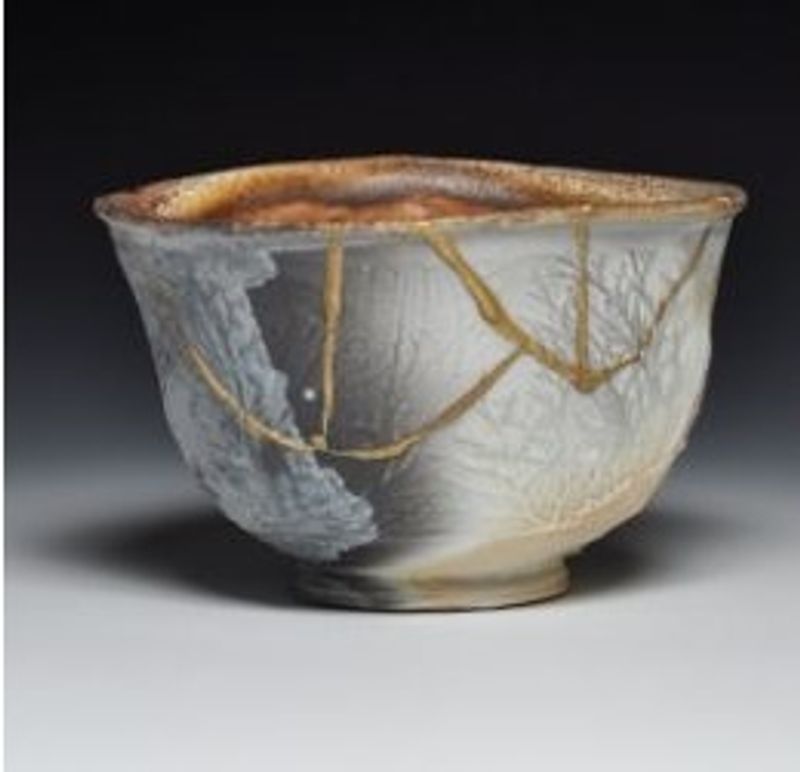Jul 10, 2018
Redefining Perfection

I was once asked during a job interview if I was familiar with "wabi sabi", to which I said no. The interviewer then asked me what I think that term meant. Not wanting to admit that I had absolutely no idea - not even one enough to make an intelligent guess - I just said that the term probably had something to do with talking or communication. I have 2 bases for that assumption. One, I was in an interview for a language teaching position, and language is obviously vital in communication, so my answer should somehow make sense, right? Two, there is a word in the Filipino language called "sabi" which means "say" or "tell", so I supposed it could be related. I realized how totally unrelated my answer was to the real meaning after a short Google search on "wabi sabi". Needless to say, I was so embarrassed.
According to Wikipedia, wabi sabi is a representation of "a comprehensive Japanese world view or aesthetic centered on the acceptance of transience and imperfection". Furthermore, the wabi-sabi aesthetic is "sometimes defined as one of beauty that is imperfect, impermanent, and incomplete." For some, the concept of imperfection as something that is beautiful might be easy to understand. Yet for others, it might be outright impossible. How can something that is not perfect be beautiful?
Hmmm, makes me wonder: what is perfection, anyway? Merriam-Webster dictionary defines perfection as "an exemplification of supreme excellence; an unsurpassable degree of accuracy or excellence". Now that got me thinking: that definition is somewhat similar to "ideal", isn't it? And with that kind of definition, it's no wonder that we've come to believe that nothing is perfect in this world, or that NOBODY is perfect.
I must admit, up until a few years ago, I believed in that same thing. I realized after some serious talks with a great set of friends, that what I was looking for was the "ideal" - which, of course, doesn't exist.
I've decided then, to revise my own definition of perfection. Now, I see perfection as the true acceptance of what is so, not of what it should be. Meaning, a thing or a person is perfect for what it is, and for what it is not. I look at it this way: for the moments in our lives that are good, it's quite easy for us to view them as perfect, simply because it's all good. But even those moments that are not so good can still be viewed as perfect - they happened at the perfect time and in the perfect manner - because they give us opportunities to learn about ourselves, to grow as individuals, and to realize who we are meant to be for the world.
Allow me to end this piece with a quote which I heard on TV many years back: "We are born to be true, not to be perfect." To that, I add: It is because when we were born we ARE already perfect, and being completely true to ourselves is simply the expression of the perfection that we already are.



0 Comments